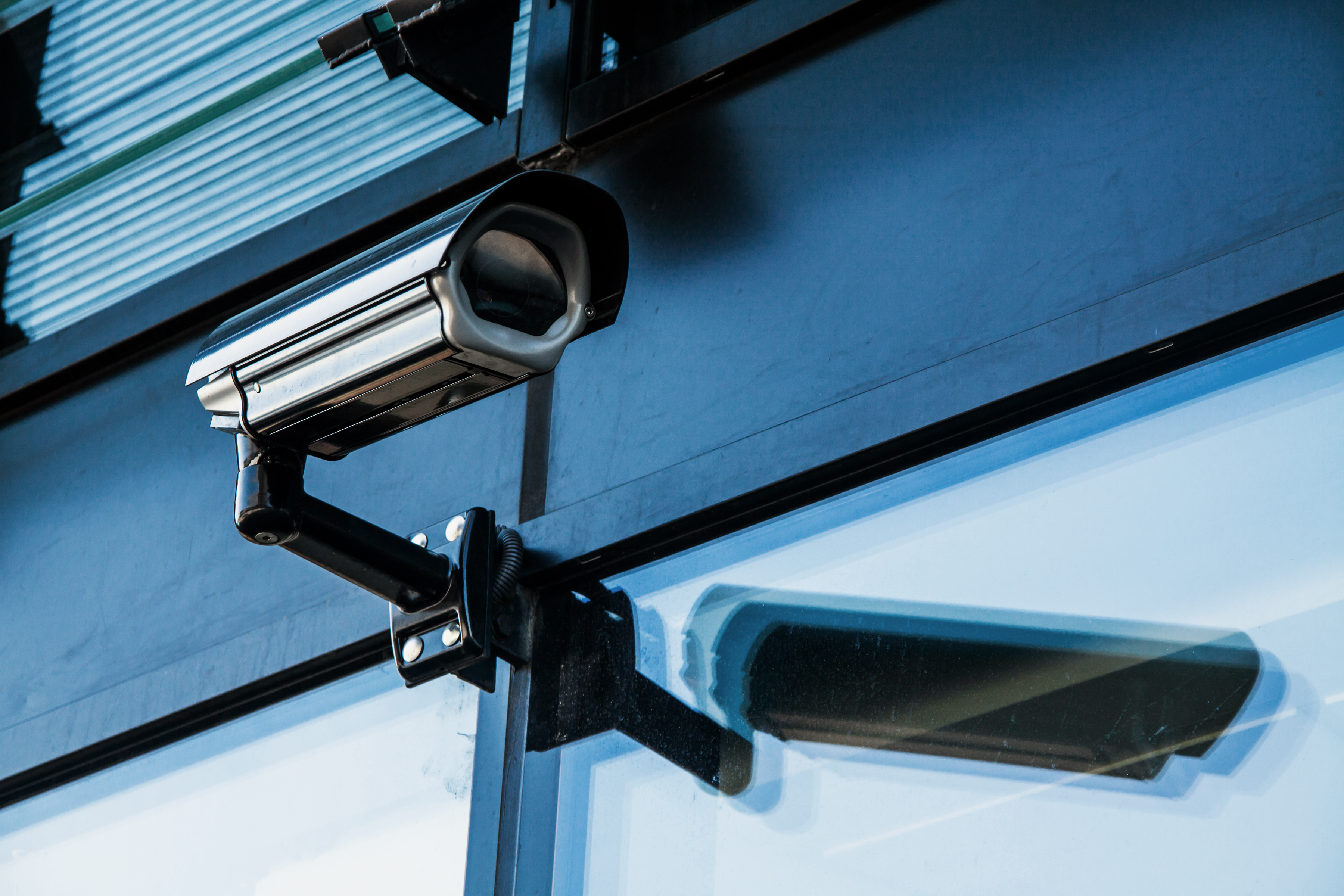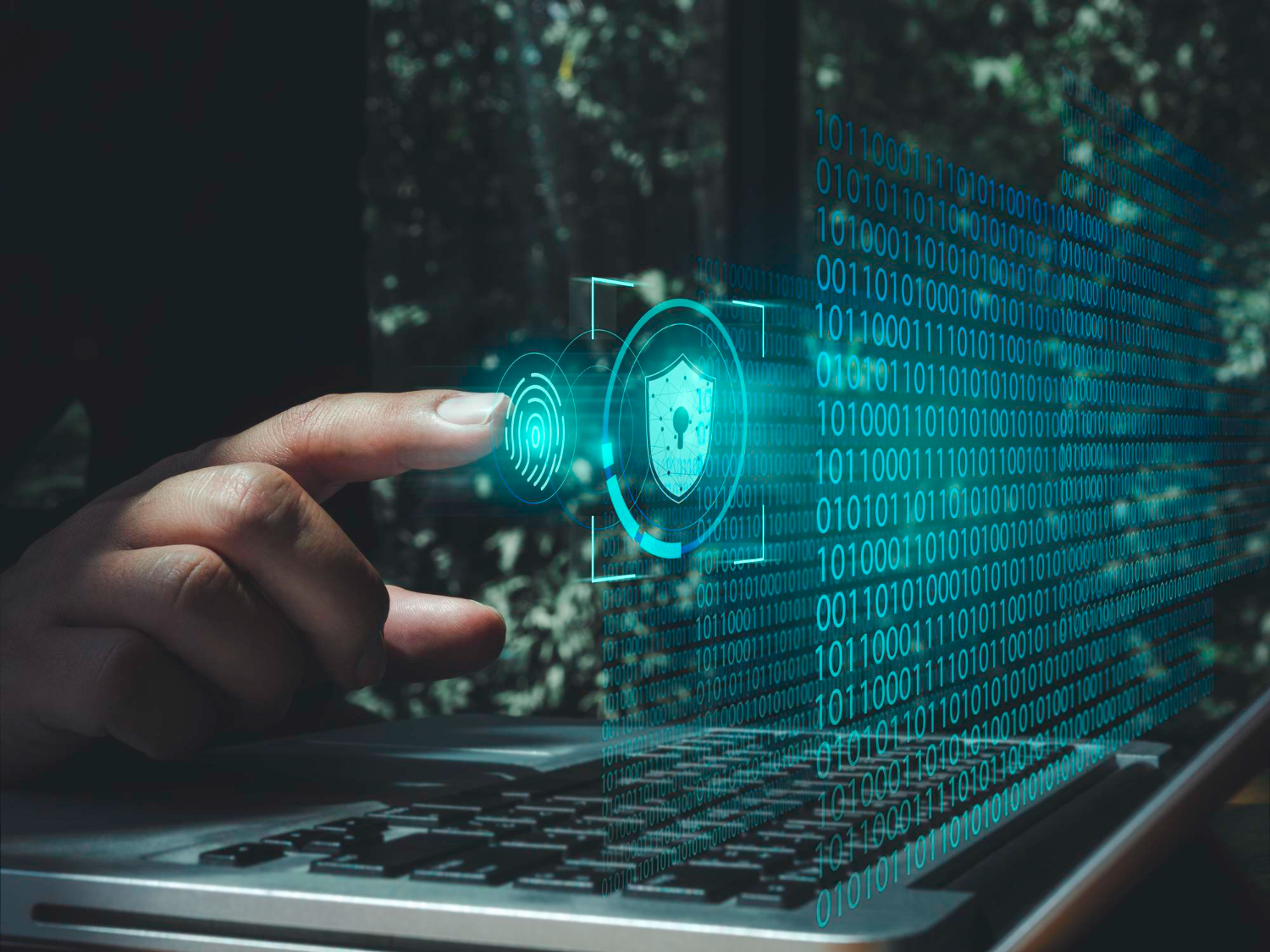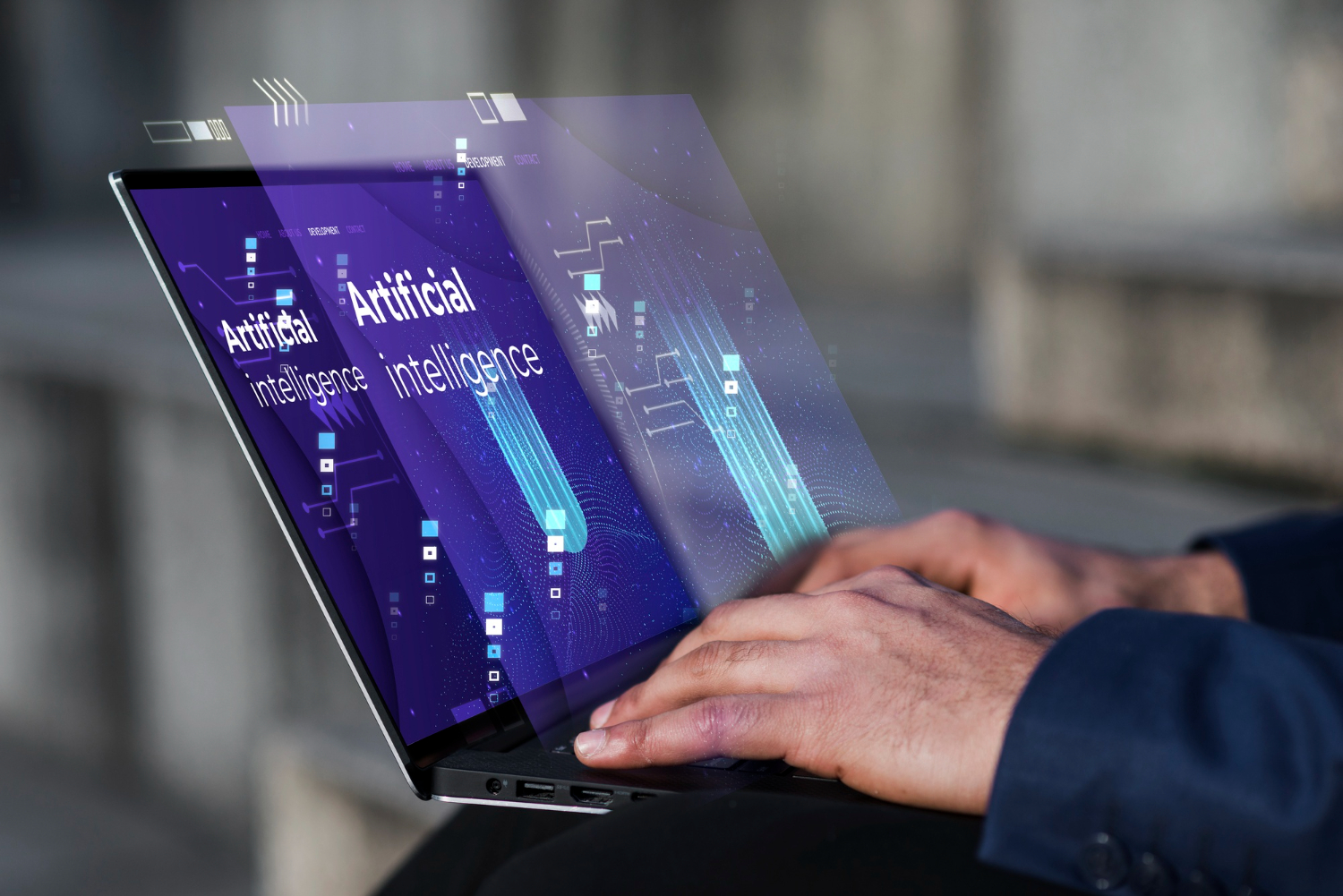A person’s attention span is limited to 20 minutes when performing a dull task, which is certainly true when it comes to looking at the motionless images of surveillance cameras. Later, the attention span begins to decrease, making room for errors. Artificial intelligence-based video surveillance and analytics are becoming more and more popular for their ability to reduce pressure on security staff and management [1].
The use of artificial intelligence and its integration in technical protection systems is becoming increasingly prevalent. In this text, we will mention the potential future of AI-integrated technical protection systems, focusing on several areas: security cameras, access control, IoT (Internet of Things) sensors, environmental sensors, intrusion systems and visitor management systems [2].
SECURITY CAMERAS
Video analytics in video surveillance uses machine and deep learning algorithms to recognize, categorize and determine object attributes. When people hear new information, their brains try to make sense of it by comparing it to comparable things. This comparison technique is similar to that used by machine and deep learning algorithms. Deep learning algorithms recognize object properties independently of developers and can take into account features that developers might overlook. Artificial intelligence in security cameras can be used to significantly improve the effectiveness of surveillance systems by directing human attention to security threats and providing them with essential notifications. For example, security cameras can be trained to recognize and flag unusual behavior or activity, which could help prevent crimes before they happen.
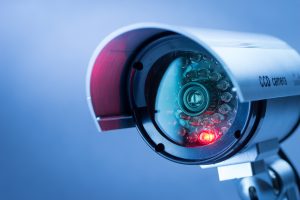
ACCESS CONTROL
AI-powered access control systems can learn and adapt to changes in security protocols. Such systems could use facial recognition and other biometric technologies to grant or deny access to secure areas, reducing the need for physical keys or security badges, which can be lost or stolen.
IoT SENSORS
Integration of IoT (Internet of Things) sensors with AI could enable predictive maintenance, allowing security personnel to predict when security equipment, such as cameras and sensors, may fail or require maintenance. This could help reduce downtime and ensure that security systems are always functioning properly. Additionally, IoT sensors could be used to detect potential threats in real-time and trigger alarms or alerts to security personnel.
ENVIRONMENTAL SENSORS
Environmental sensors integrated with AI could be used to monitor and control building environments to reduce energy usage and costs. This could include using AI to adjust heating and cooling systems based on occupancy levels or weather patterns. Additionally, environmental sensors could be used to detect anomalies, such as water leaks or gas leaks, and trigger alarms.
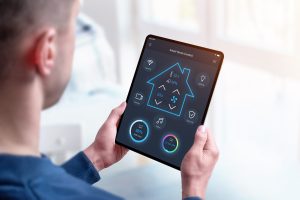
INTRUSION SYSTEMS
There is a great potential for AI-powered intrusion detection systems that could analyze data from various sources, such as social media, news feeds, and police databases, to detect potential threats. These systems could be integrated with video surveillance and access control systems.
VISITOR MANAGEMENT SYSTEMS
AI-powered visitor management systems that can learn and adapt to changes in visitor policies and procedures could use facial recognition and other biometric technologies to grant or deny access to secure areas.
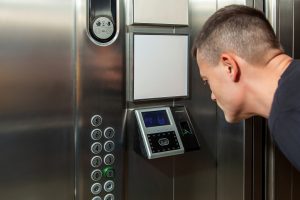
The potential for AI-powered technical protection systems is vast, with the ability to monitor and control building environments, detect potential threats in real-time, and provide a more comprehensive approach to security.
Sixty-one percent of Europeans have a positive view of artificial intelligence and robots, but 88 percent of them claim that these technologies should be carefully managed. (Eurobarometar 2017, EU28) [3]
However, it is important to note that there are considerable risks of developing AI in security technologies, the consequences of which may not be fully comprehendible at this point in time [4]. The use of artificial intelligence raises several ethical issues as well, such as privacy violations, algorithmic bias when choosing between multiple choices, job displacement. To balance the benefits of AI with ethical considerations, organizations must ensure that their AI-powered security systems are transparent, accountable, and have human oversight.
Author:
David Samaržija, Maintenance Technician
Reference:
[1] Kayla Matthew, https://www.getkisi.com/blog/6-ways-ai-will-change-physical-security, December 01, 2022.
[2] Innova Global technology IGT, Artificial Intelligence (AI) in physical security systems of the “near” future, https://www.linkedin.com/pulse/artificial-intelligence-ai-physical-security
[3] The Directorate-General for Communication, The European Parliament https://www.europarl.europa.eu/pdfs/news/expert/2020/9/story/20200827STO85804/20200827STO85804_hr.pdf
[4] Croatian Encyclopedia, online edition. Miroslav Krleža Institute of Lexicography, 2021, https://www.enciklopedija.hr/natuknica.aspx?ID=63150
